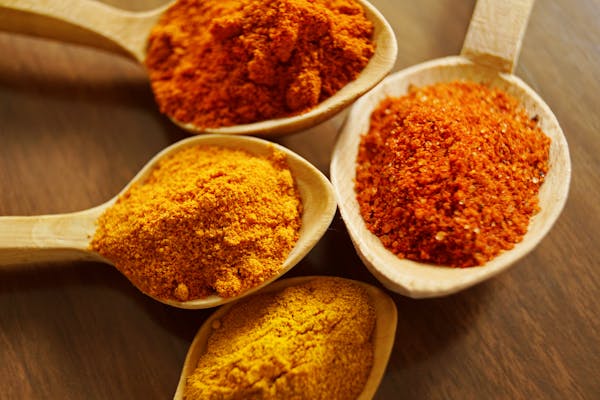Irritable bowel syndrome (IBS) symptoms
Common irritable bowel syndrome (IBS) symptoms
Irritable bowel syndrome (IBS) is a common gastrointestinal disorder that affects the large intestine. Some common symptoms of IBS include:
Abdominal pain and discomfort: This is often described as cramping, which may be relieved after a bowel movement.
Changes in bowel movements: This may include diarrhea, constipation, or alternating between the two. The stool may also have a different consistency, such as being harder or softer than usual.
Bloating and gas: This can cause discomfort, and the abdomen may appear visibly distended.
Mucus in the stool: Some people with IBS may notice mucus in their stool.
Nausea: This may be accompanied by vomiting in some cases.
Ayurvedic treatment for IBS involves identifying and addressing the root cause of the problem, as well as balancing the body's energies, or doshas.
Diet: Ayurveda emphasizes the importance of a healthy diet in managing various health conditions, including IBS. According to Ayurveda, IBS is caused by an imbalance in the digestive system, so it is important to eat foods that are easy to digest and avoid foods that can aggravate the condition. This includes avoiding spicy, oily, and fried foods, as well as foods that are difficult to digest.
Herbs: Ayurveda uses various herbs and spices to treat IBS. These herbs can help to soothe the digestive system, reduce inflammation, and improve digestion.
Lifestyle changes: Ayurveda also recommends lifestyle changes to help manage IBS, including stress management techniques such as meditation and yoga, getting regular exercise, and getting enough restful sleep.
Ayurvedic treatments: Ayurvedic herbs are a key component of Ayurvedic treatment for irritable bowel syndrome (IBS). These herbs are used to address the root cause of the condition, which is often an imbalance in the digestive system, and to help soothe and heal the digestive system.
Visit our website to buy Gastro Support
Or
Call us on
080-69043800




















No comments:
Post a Comment